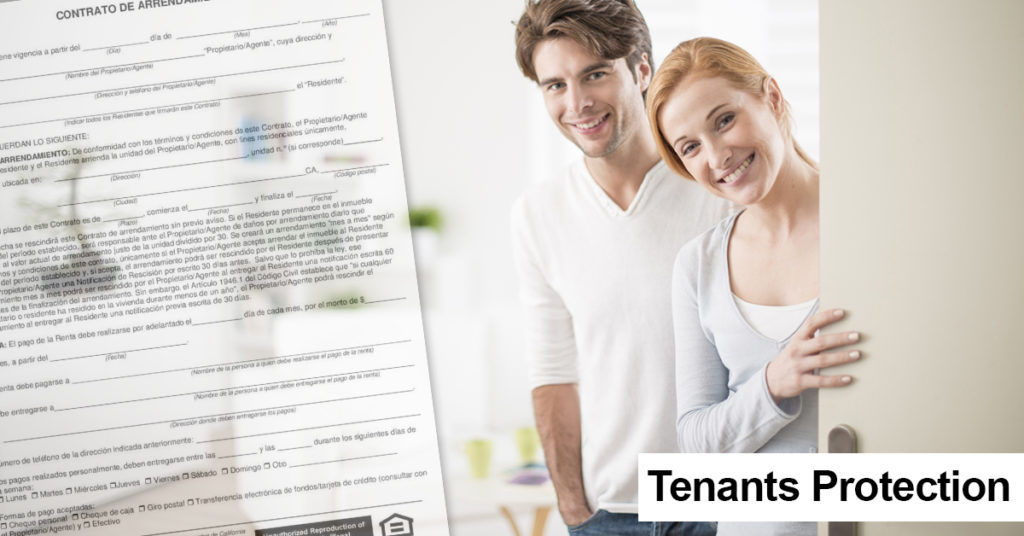Most of the lettings contracts for a house or commercial premises are governed in Spain by the Urban Letting Contracts (Ley de Arrendamientos Urbanos). This law was born in 1994, and although it is still in force, it has been modified in numerous occasions. The last revision of this regulation has been the one carried out by the Royal Decree 7/2019, of March 1, about urgent measures regarding dwellings and letting contracts.
This last revision has meant important changes in the conditions of the lettings, and we would like to explain in this article some of these important changes.
In the first place, the minimum term that the tenant has the right to remain in the property has changed on the letting for main residencies. This period has increased from three years to five years. In addition, in the instance that no term has been agreed in the contract, the minimum term will also be five years. Where the owner of the property is a company, these terms have to be increased to seven years. The reason is to give the tenant greater security and stability.
With the previous regulation, the owner who did not want to extend the contract had to notify the tenant one month in advance. This term has been increased to four months in advance, giving the tenant a greater planning margin to look for another house. On the flip side, when the tenant is the one who does not want to continue with the contract and leave the property, the term increases from one month in advance to make the notice to the owner to two months.
A maximum limit has also been established for deposits and guarantees of three monthly rentals, that means that only two monthly rentals may be required as extra guarantee, to be added to the one month rent, foreseen by the law.
One of the most important modifications that have been made is in relation to the execution of the evictions. In this case, the rule that modifies the Royal Decree is not the Urban Letting Law, but the Civil Procedure Law. And as per this modification, when an owner tries to evict a tenant or other persons who may be occupying their property, the court may inform the defendant of the possibility of going to social services, if they are considered to be in a situation of social vulnerability. If social services understands that a situation of vulnerability could exist, the court may suspend the execution of the eviction for a maximum period of one month, or three months if the owner is a company.
And, what about my house that I have let out before the Law was modified?
In this case, the rules applicable to your contract will be the ones which were in force when the contract was signed, so the rules will continue to apply with the conditions established in the previous Law.
If you are the owner of a rented property or want to rent it or you are a tenant of a property and you have doubts about your rights and obligations, contact us and we will help you.
The information provided in this article is not intended to be legal advice, but merely conveys general information related to legal issues.
Carlos Baos (Lawyer)
White & Baos
Tel: +34 966 426 185
E-mail: info@white-baos.com
White & Baos 2019- All Rights Reserved.
